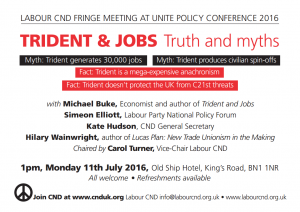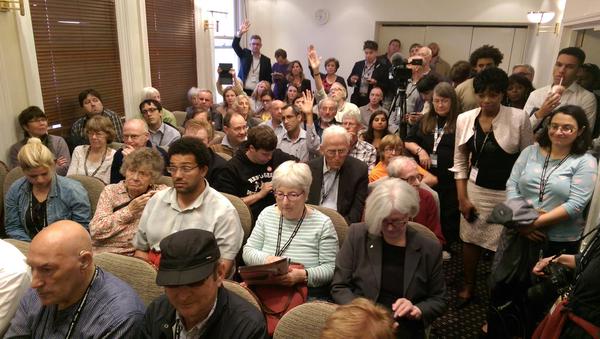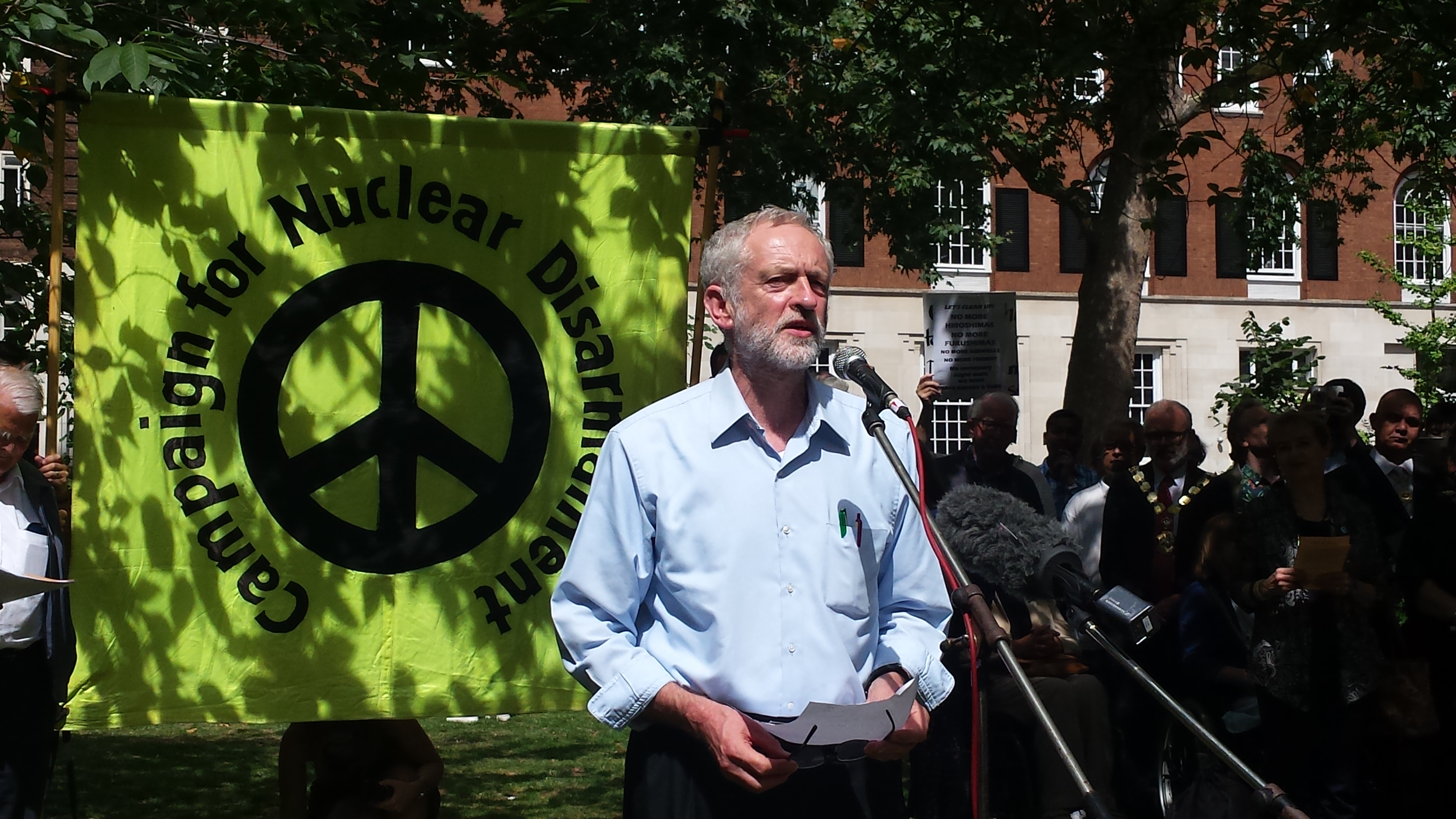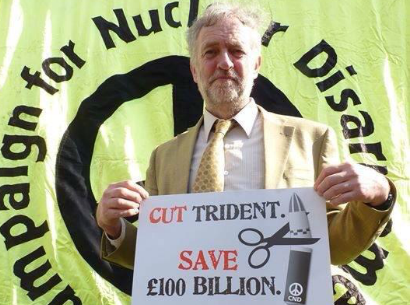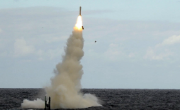The Labour Party is reviewing its defence policy, including Trident. Everyone is eligible to participate in this review by making their views known to Labour’s Shadow Defence Secretary Emily Thornberry, before the 30th April deadline.
Individuals and organisations can participate. You don’t have to be a Labour Party member or affiliate to do so. Submissions opposing Trident replacement can help influence the eventual outcome of Labour’s deliberations, and I urge you to consider making your views, and those of organisations you belong to, known. The advice below will, I hope, help you to do so.
WHO CAN PARTICIPATE?
Any individual or organisation, whether or not they’re a Labour Party member or affiliate. Shadow Secretary of State for Defence, Emily Thornberry, the author of the policy review document says: ‘We want to seek the widest possible range of views, spanning academia, the defence industry, NGOs, parliamentarians, the public and, of course, members of the armed forces themselves.’
IS THERE A PARTICULAR FORMAT?
You can express your opinion in whatever way you find easiest. The Defence Policy Review document (attached) sets out Ms Thornberry’s terms of reference expressed as a series of questions which you might consider addressing.
The one about Trident is: ‘Will renewal of Britain?s nuclear capability aid us in protecting Britain?s security and pursuing the values that guide our foreign and defence policy?’
Ms Thornberry begins by explaining that the nature of the threats facing Britain has changed in the past 50 years, and outlining the overall context of Labour’s review with questions such as: ‘What role should Britain play in building a world that is more peaceful, more just and safer?’ and ‘What should be the values and principles that drive Britain’s strategic defence policy?’
HOW MUCH SHOULD I WRITE?
You don’t have to produce a magnum opus or a details scientific tract -?a paragraph or two will do. Say what you think of Trident and give a couple of reasons why. There’s an example below, use it as encouragement. But please don’t copy it -?large numbers of identical submissions won’t be effective.
I oppose the replacement of Trident because nuclear weapons cause indiscriminate harm to the planet and its people. Their possession by countries such as Britain encourages proliferation by others who don?t have nuclear weapons. Replacing Trident doesn?t protect us from the main risks facing this country such as terrorism, cyber-attack, or the effects of climate change like floods and storms. Trident is extremely expensive, costing an estimated ?100 billion over its lifetime. The money could be better used for socially productive and wealth-generating projects, which would help create more money for the government to spend on health, education and social services.
ENCOURAGE OTHERS TO PARTICIPATE
If you’re a member of a CND group, trade union branch or local Trades Council, or community campaign, please encourage them to take a view on Trident and send it to Labour’s Defence Review with a brief explanation of what the organisation is and how Trident replacement affects its members. For example: My housing association is opposed to Trident replacement because… and would prefer the money to be spent on improving existing social housing and on providing more affordable new homes.
SUBMISSIONS FROM BRANCH AND CONSTITUENCY LABOUR PARTIES
It?s important that as many individual party members as possible send their views to Ms Thornberry. This helps to give a true reflection of party opinion. If your Labour Party branch and/or constituency has adopted a policy against Trident replacement, send a copy of the resolution to the Defence Review, with a few comments about the views members expressed.
Many branch and constituency parties aren?t meeting in April because of elections. If your party has adopted a policy against Trident replacement in the past few years, send that to the Defence Policy Review with an explanation that the elections have prevented a contemporary discussion in time for the Defence Review deadline.
WHERE TO SEND YOUR VIEWS
Your submission should be emailed to defencereview@labour.org.uk If you don’t have email access, mail it to The Labour Party, Southside, 105 Victoria Street, London SW1E 6QT
RESOURCES
– A copy of Labour?s Defence Policy Review can be downloaded through the through the Labour CND website
– Labour CND has produced a Trident Fact File which can provide some information you need to draft a submission.
–CND UK website has a number of briefings you can use to dig out pertinent information.
Good luck, and thank you for your efforts,
Carol Turner
Vice Chair, Labour CND
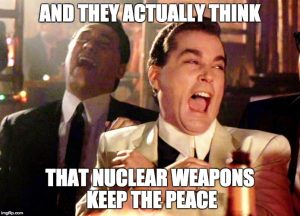 The attacks on Jeremy Corbyn support for nuclear disarmament began on day one of the election campaign.
The attacks on Jeremy Corbyn support for nuclear disarmament began on day one of the election campaign.
